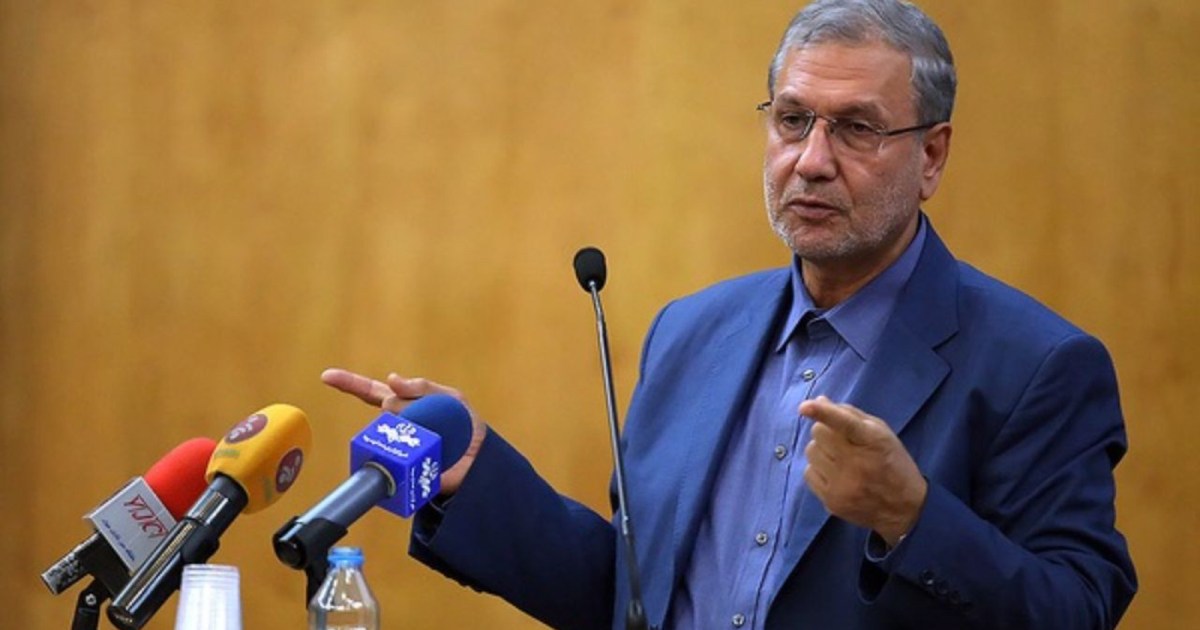Tehran said that Iran's National Security Council considers the understanding reached by Hassan Rouhani's government in Vienna illegal, while Washington expressed its hope that President Ibrahim Raisi will complete the negotiations.
Iranian government spokesman Ali Rabiei said that the committee appointed to Iran's National Security Council within the law on "lifting sanctions and ensuring national interests" confirmed that the understanding reached by the Rouhani government in Vienna is not in line with the law.
He added that the next government will continue negotiations after assuming its duties, noting that his country has shown several times its willingness to exchange prisoners with the United States.
Rabiei accused Washington of obstructing the prisoner exchange deal, and held it responsible for not implementing it, adding that the administration of US President Joe Biden linked the prisoner exchange file to the nuclear agreement file, which Iran rejects.
On the other hand, US State Department spokesman Ned Price said that the sanctions imposed by his country on Iran will remain in place, unless they are lifted according to a negotiated diplomatic process.
Price stressed, in a press conference, that his country hopes that the new Iranian president will choose to move forward with the Vienna negotiations on the nuclear agreement.
The elected president of the Islamic Republic, Ibrahim Raisi, is scheduled to take the oath before the Shura Council on August 5.
Last April, Iran and the major powers began talks to save the international agreement on the Iranian nuclear deal concluded in 2015.
The agreement has been faltering since the United States withdrew from it in 2018 during the era of President Donald Trump (2017-2021), who reimposed sanctions on the Islamic Republic, to which Tehran responded by liberating most of the obligations stipulated in the agreement.
The agreement concluded in Vienna lifts Western and UN sanctions on Tehran in return for its pledge not to acquire an atomic weapon and to significantly reduce its nuclear program, which is subject to very strict inspections by the International Atomic Energy Agency.

